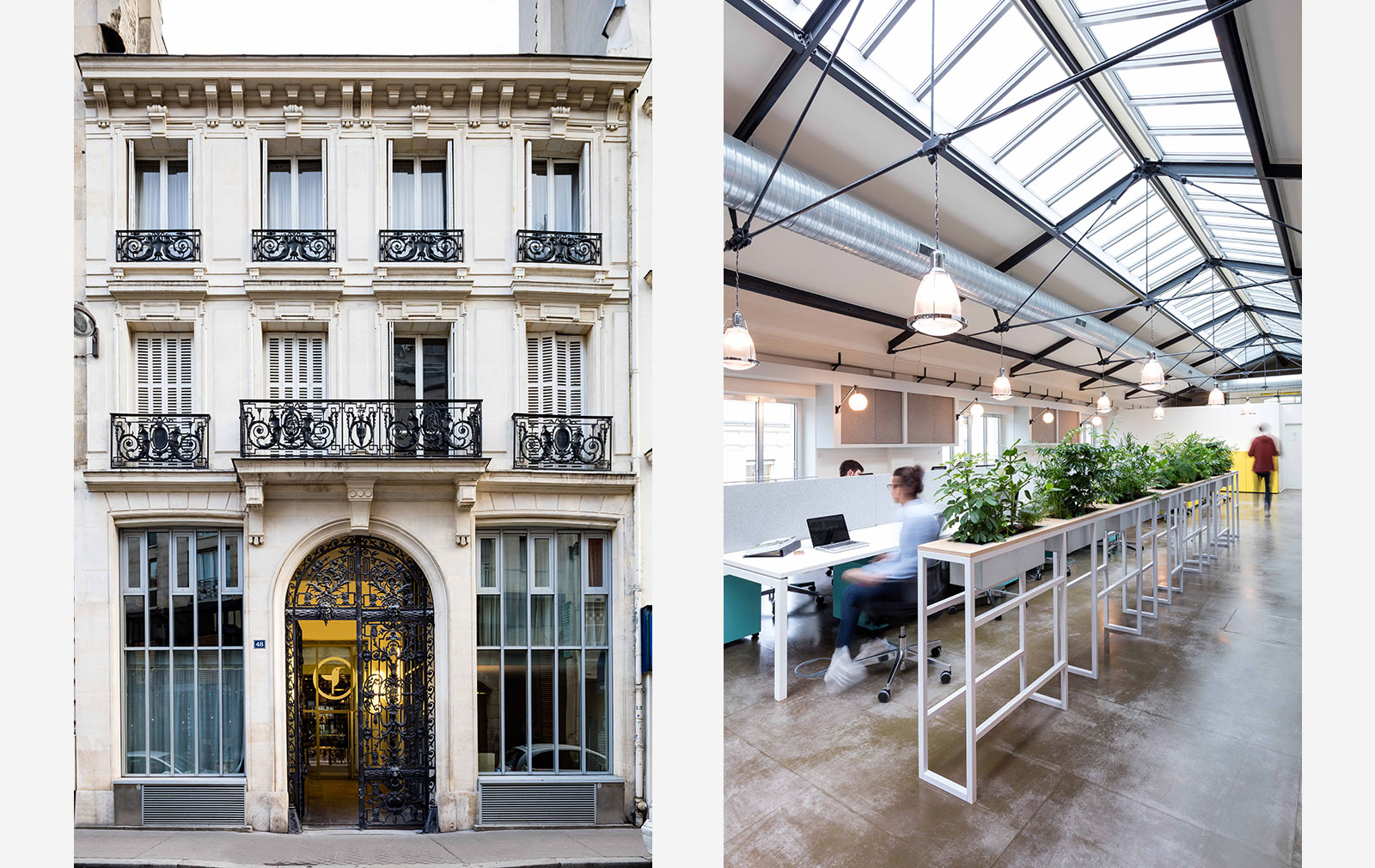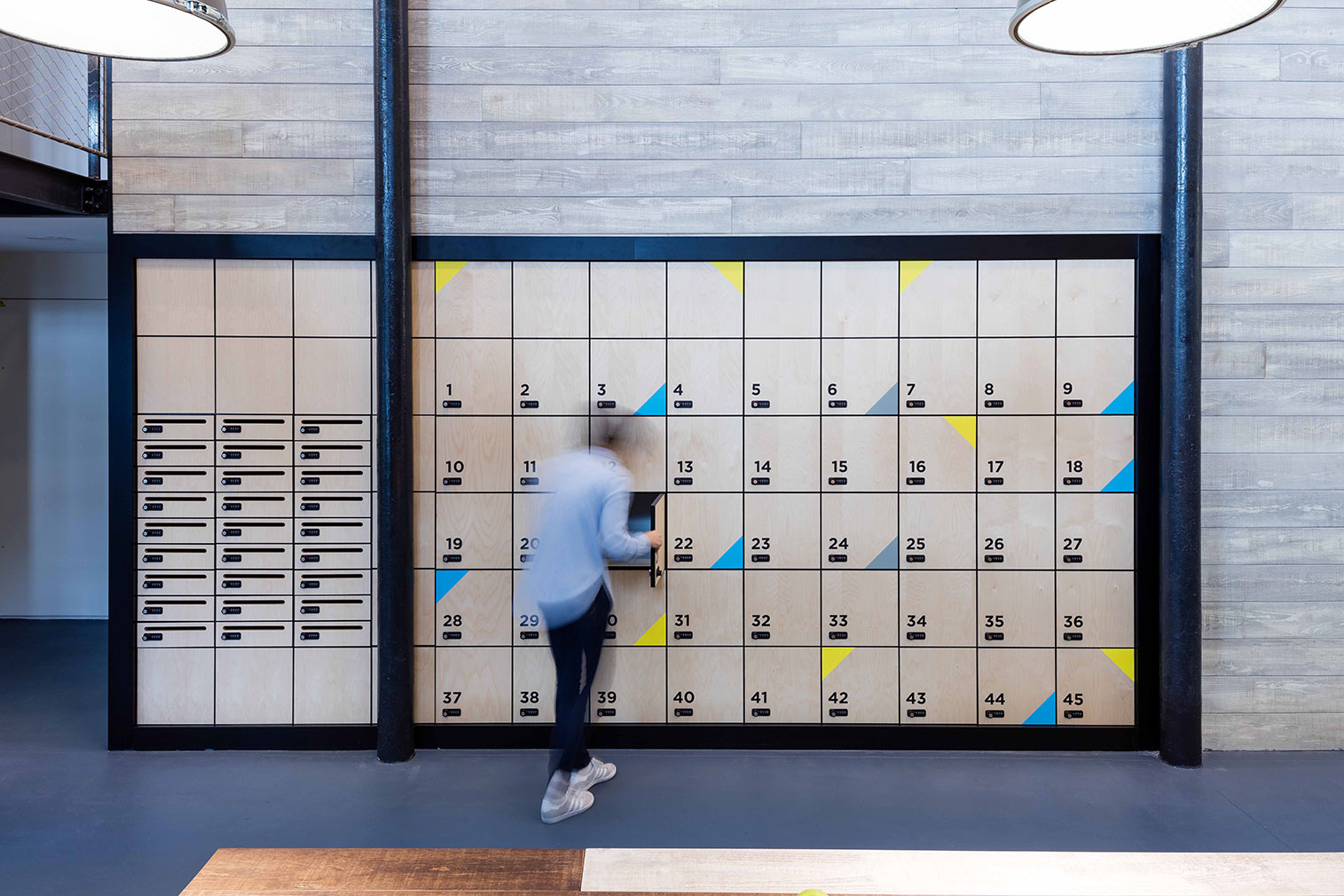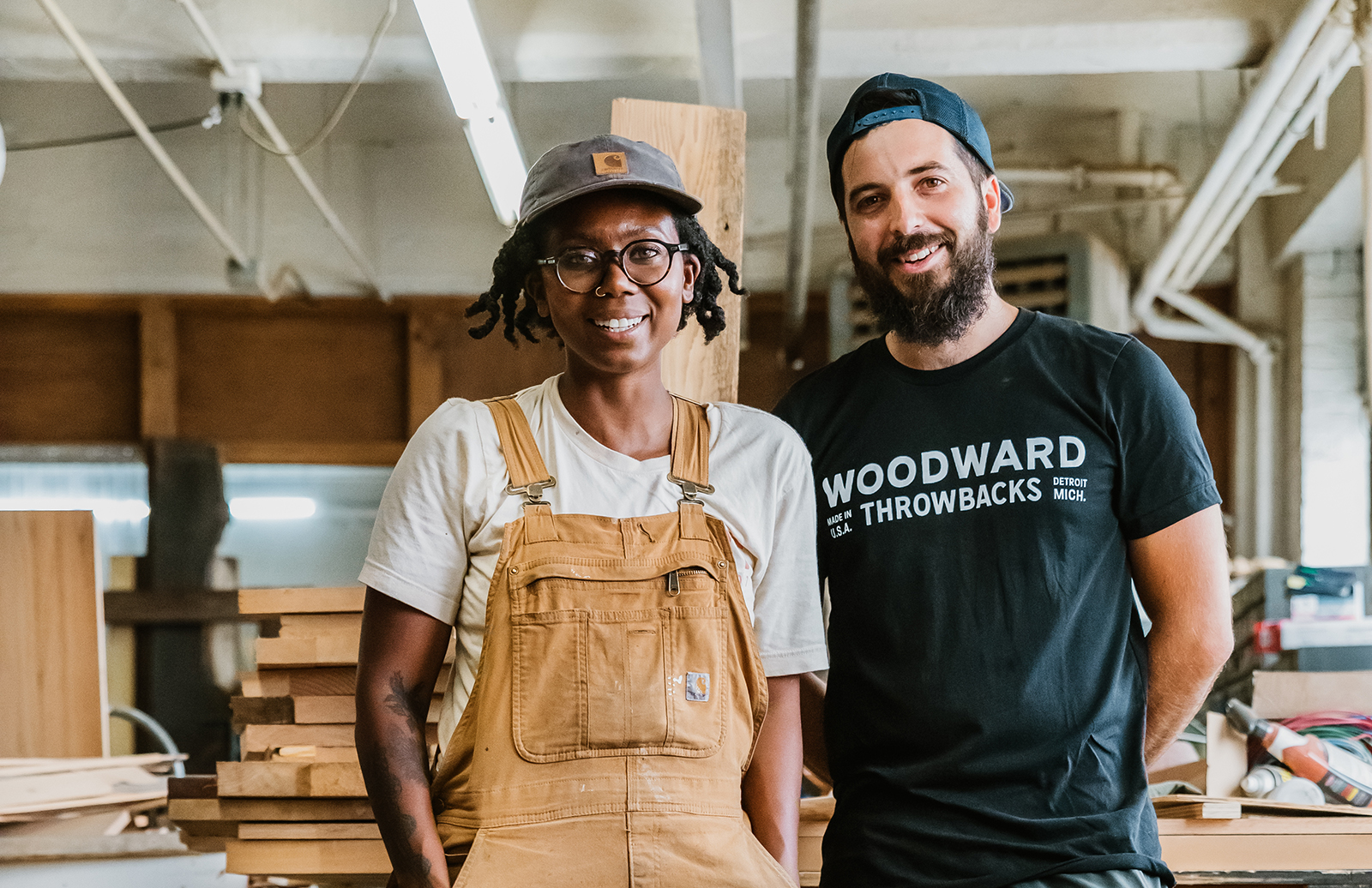
Photography: courtesy of Deskopolitan





Photography: courtesy of Deskopolitan
Hidden behind a period façade on rue Chateau d’Eau is Deskopolitan, Paris’ latest coworking hub.
Once an industrial building, the site in the 10th arrondissement has been transformed into an innovative coworking space by British architectural design practice MoreySmith.

The focus at Deskopolitan is on fostering creativity and flexibility. ‘Central to the entire scheme was a need to move away from the monotony of the working environment inherent in traditional offices and to challenge the way in which work spaces are designed,’ says Linda Morey-Burrows, principal director of MoreySmith, which has created HQs for Coca-Cola and ASOS.
Spread across four floors and 4,430 sq ft, the Paris coworking space balances open-plan work areas with enclosed zones aimed at small businesses and private meetings. There is a cafe, artist studios, health & beauty suites, phone booths, personal lockers, an external courtyard and pockets of greenery inside. For Morey-Burrows, it was vital to create ‘a variety of working environments in the building to give workers the choice and flexibility over how, where and when they work.’
Deskopolitan has already proved popular – French presidential candidate Benoît Hamon has let the space in its entirety and will run his election campaign from the building for the next three months.

The location has a long history. Once the servants’ quarters for the nearby Hotel Gouthière, at the turn of the 19th century it was transformed into industrial workshops before being acquired in 2014 by Deskopolitan’s parent company Groupe Chevrillon.
Says Morey-Burrows: ‘It was really important to us to retain as much of the existing fabric of the building as possible and to pay homage to its industrial heritage.’
‘We introduced a design aesthetic to offer a contemporary take on the building’s industrial history, mixing materials such as glazed brick tiles, exposed concrete, reclaimed timber, plywood, terrazzo and burnished brass, complemented by fresh, bright colours. The Fire Engine Red workshops have been retained and adapted to reflect the new design.’

Coworking is still a new phenomenon for Parisians, who tend to separate work and life more stringently than their British neighbours, but Morey-Burrows believes that attitudes are shifting. ‘This relatively new concept is now being embraced by the French market, primarily in Paris where the international links are more prevalent and influencing.’
The experiment continues with their next Parisian endeavour, Voltaire. In collaboration with Deskopolitan and Franklin Azzi Architecture, MoreySmith is working on an ‘apart-hotel’ in the 11th arrondissement which will offer a complete live-work model including a gym, restaurant, nursery and workspace.
Elsewhere, Paris’s coworking credentials will be boosted when US giant WeWork opens its first Paris space on Rue Lafayette this spring. Meanwhile, over in the 13th arrondissement, the finishing touches are currently being added to Station F, set to become the largest startup hub in the world when it launches in April.

















